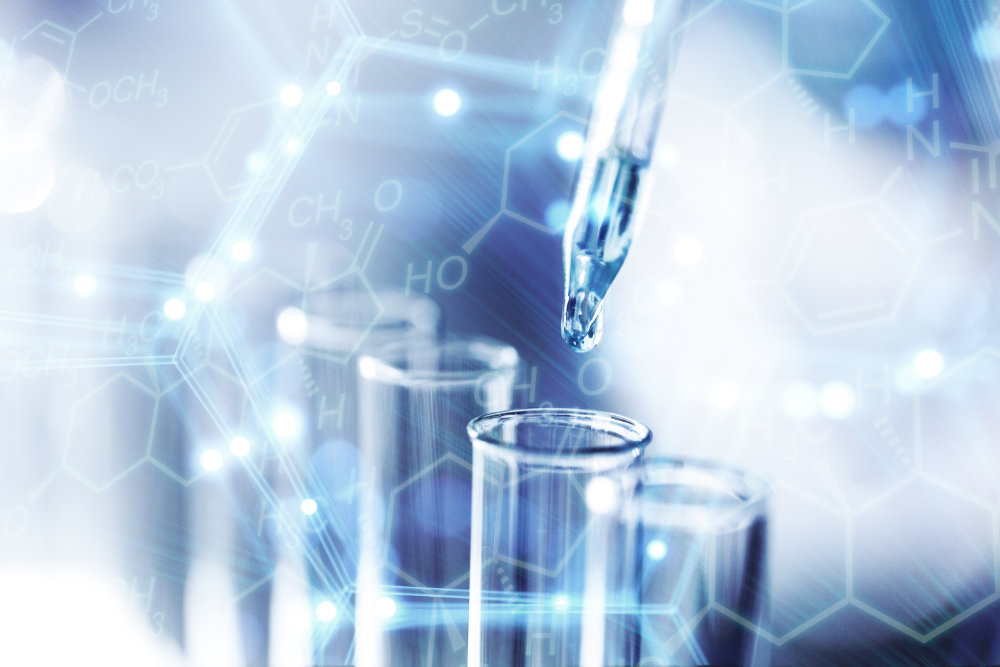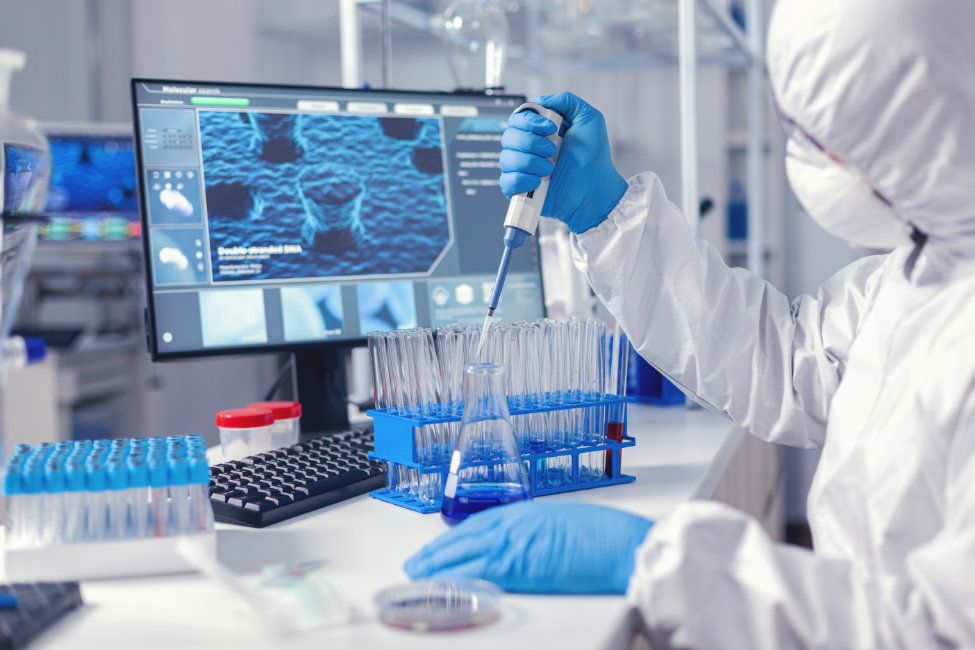CC BIOTECH(THAILAND) CO.,LTD
Biotechnology Breakthroughs: The Latest Advancements in Gene Editing and Their Ethical Implications
Methakritsada
19/05/2022

In the rapidly evolving landscape of biotechnology, gene editing stands out as a transformative technology with the potential to revolutionize medicine, agriculture, and environmental conservation. The focus keyphrase “Gene Editing Advancements” perfectly encapsulates the essence of this article, which aims to delve into the latest breakthroughs in gene editing technology and explore the ethical considerations they raise.
Unveiling Gene Editing Technology
The CRISPR-Cas9 Revolution
At the forefront of gene editing advancements is CRISPR-Cas9, a technology that has simplified the process of making precise alterations to the DNA of organisms. This revolutionary technique allows scientists to target specific genes with unprecedented accuracy, opening up new possibilities for treating genetic disorders, enhancing crop resilience, and even eradicating invasive species.
Beyond CRISPR: Emerging Techniques
While CRISPR-Cas9 remains the most widely used gene editing tool, recent years have seen the emergence of other techniques, such as prime editing and base editing. These methods offer greater precision and reduced off-target effects, further expanding the potential applications of gene editing in various fields.
Medical Breakthroughs Through Gene Editing
Treating Genetic Disorders
Gene editing technology holds the promise of curing genetic diseases by correcting faulty genes directly at their source. Advances in gene therapy have already led to successful treatments for conditions such as sickle cell anemia and cystic fibrosis, marking a significant milestone in personalized medicine.
Ethical Considerations in Human Gene Editing
The ability to edit human genes raises profound ethical questions, particularly when it comes to germline editing, which involves changes that can be passed on to future generations. The debate around the ethical implications of gene editing in humans centers on concerns about consent, the potential for unintended consequences, and the risk of exacerbating social inequalities.
Agricultural Innovations Enabled by Gene Editing
Enhancing Crop Resilience
Gene editing is revolutionizing agriculture by enabling the development of crops that are more resilient to climate change, pests, and diseases. By editing the genes responsible for these traits, scientists can create crops that require fewer resources and are more sustainable in the long term.
Addressing Ethical Concerns in GM Crops
The use of gene editing in agriculture also brings ethical concerns to the forefront, particularly regarding biodiversity, the impact on non-target species, and the rights of farmers. Ensuring that gene-edited crops are safe and beneficial for both people and the environment is crucial as we navigate these ethical waters.
Environmental Conservation Through Gene Editing
Battling Invasive Species
Gene editing offers a novel approach to controlling invasive species that threaten biodiversity and ecosystem stability. By introducing gene drives that can spread sterility or other population-limiting traits through invasive populations, scientists hope to restore balance to affected ecosystems.
The Ethical Dilemma of Playing God
The use of gene drives in conservation raises ethical questions about human intervention in nature. Concerns include the potential for unforeseen ecological consequences, the moral implications of causing species extinction, and the need for robust regulatory frameworks to guide these interventions.
Navigating the Future of Gene Editing
The Role of Regulation and Oversight
As gene editing technologies advance, the importance of establishing clear regulatory frameworks and ethical guidelines cannot be overstated. Ensuring the responsible use of gene editing requires international cooperation and dialogue among scientists, ethicists, policymakers, and the public.
The Promise and Peril of Gene Editing
Gene editing holds immense promise for addressing some of the most pressing challenges facing humanity, from curing genetic diseases to securing our food supply and protecting the environment. However, realizing its full potential while navigating the ethical minefield it presents will be one of the defining challenges of our time.
Conclusion
The latest advancements in gene editing are reshaping the boundaries of what is possible in science and medicine. As we stand on the brink of a new era of genetic engineering, the ethical considerations and societal implications of these technologies demand our attention and careful deliberation. By fostering an informed and inclusive dialogue on the ethical use of gene editing, we can harness its potential to benefit humanity while safeguarding our moral and ethical values.
Recent Post
24 Hours Emergency Call

Focus on product research and development and technological innovation
Developed ferritin, bovine insulin, etc.
Sitemap
Contact Details
- 130/596 Moo.3 Tambol Wangchula Amphur Wangnoi Phranakhon Sri Ayucthaya
- support@domain.com
- 8 AM - 5 PM, Monday - Sunday
- (+66)02 999 9999
CC BIOTECH (THAILAND) CO., LTD.
Copyright © 2024 All rights reserved.


